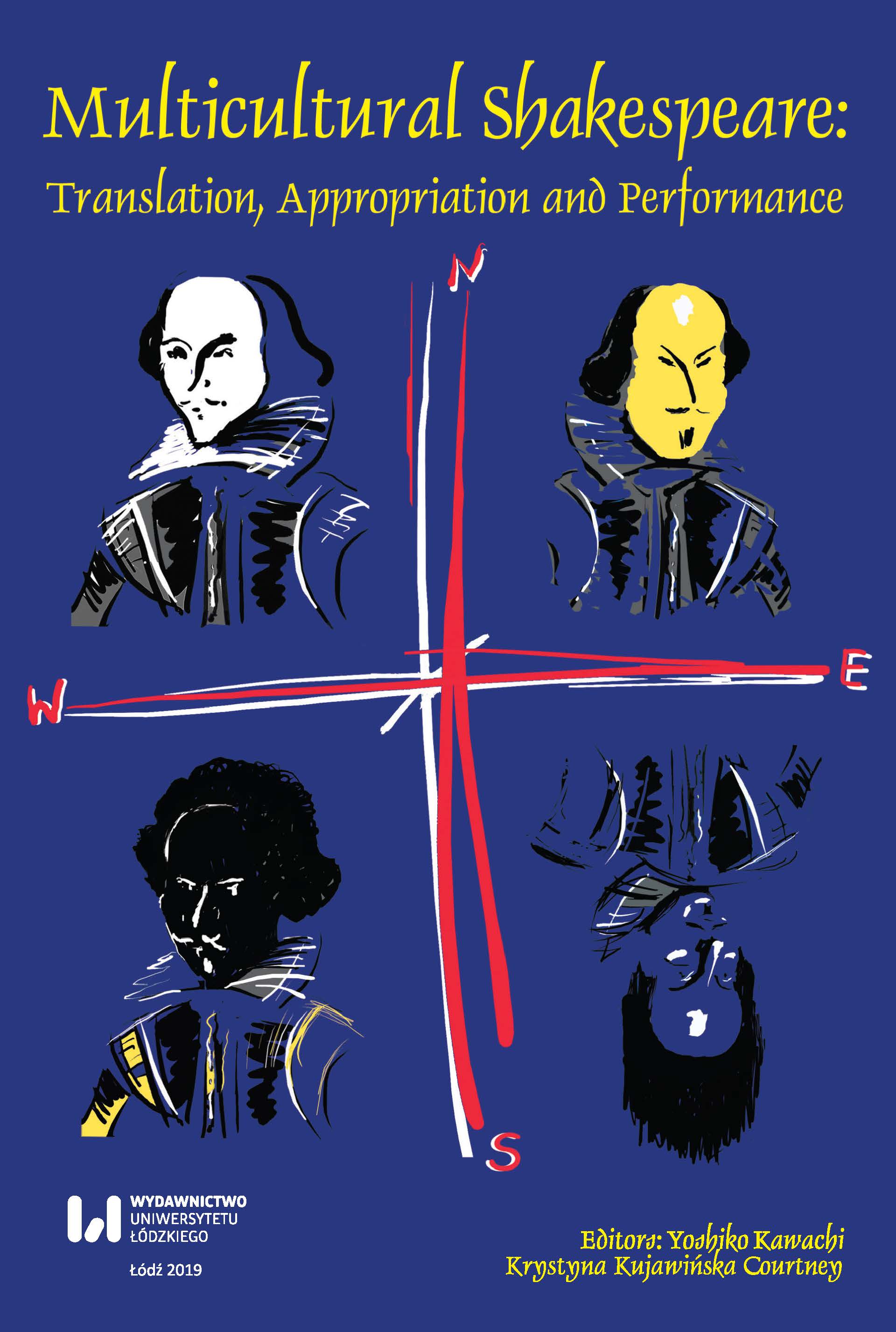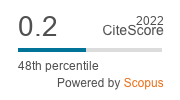Theatre Strikes Back in the Digital Era: An Interview with Stephan Wolfert
DOI:
https://doi.org/10.18778/2083-8530.20.04Keywords:
Cry Havoc, trauma, DE-CRUIT Veterans Programme, Stephan WolfertAbstract
In this edited interview, Stephan Wolfert, American actor and playwright, talks about his pluri-awarded play, Cry Havoc, a one-man show he has been performing since 2012 with several variations through the years; the play is autobiographical but it is also the exemplary story of many US veterans who cannot find a way to readjust to civilian rules once they come back home. The play tells of Wolfert’s struggle with Shakespeare’s words in order to find his own voice to speak what could not be said differently: his own trauma. By bringing to the fore a number of veterans in Shakespeare’s plays, starting from Richard III to Hotspur, Henry V, Coriolanus and many others, Wolfert fascinatingly lights up corners of the Shakespearean macro-text which we knew were there without really seeing them. Wolfert’s approach, in his show as well as in the use of Shakespeare within the DE-CRUIT Veterans Programme he founded, highlights the importance of human interaction through the mediation of the most ancient among media: theatre. Shakespeare’s writing for the theatre, with its characteristic intermedial quality (as it is suspended between page and stage) and cross-cultural inclination (as it has travelled the world), reactivates a holistic sense of the body and, in so doing, it channels powerful and deep physical emotions that can be expressed and shared with mutual benefit by actors and audience alike within the safe communication environment of theatre. Wolfert’s work makes the most of all this and even puts Shakespeare’s language to a therapeutic use for US veterans.
Downloads
References
Ali, Alisha and Stephan Wolfert. “Theatre as a Treatment for Posttraumatic Stress in Military Veterans: Exploring the Psychotherapeutic Potential of Mimetic Induction.” The Arts in Psychotherapy 50 (2016): 58-65.
Google Scholar
Ali, Alisha, et al. “The Therapeutic Effects of Imagination: Investigating Mimetic Induction and Dramatic Simulation in a Trauma Treatment for Military Veterans.” The Arts in Psychotherapy 62 (2019): 7-11.
Google Scholar
Compagnoni, Michela. “Cry Havoc by Stephan Wolfert (review).” Shakespeare Bulletin 37.3, Fall 2019.
Google Scholar
Hurley, Erin. Theatre & Feeling. New York: Palgrave Macmillan, 2010.
Google Scholar
McConachie, Bruce. Theatre & Mind. New York: Palgrave Macmillan, 2013.
Google Scholar
Oatley, Keith. “Shakespeare’s Invention of Theatre as Simulation that Runs on Minds.” Empirical Studies of the Arts 19.1 (2001): 27-45.
Google Scholar
Pennacchia, Maddalena. “Intermedial Products for Digital Natives: British Theatre-Cinema on Italian Screens.” Intermédialités 30-31 (2017): https://www.erudit.org/fr/revues/im/2017-n30-31-im03868/1049952ar/
Google Scholar
Pennacchia, Maddalena. Shakespeare intermediale. I drammi romani. Perugia: Editoria & Spettacolo, 2012.
Google Scholar
Purcell, Stephen. “The Impact of New Forms of Public Performance.” Shakespeare and the Digital World. Redefining Scholarship and Practice. Ed. Christie Carson and Peter Kirwan. Cambridge: Cambridge University Press, 2014. 212-225.
Google Scholar
Shakespeare, William. The Norton Shakespeare. Ed. Stephen Greenblatt et al. Third edition. New York: Norton, 2016.
Google Scholar
Shay, Jonathan. Achilles in Vietnam. Combat Trauma and the Undoing of Character. New York: Scribner, 1994.
Google Scholar
van der Kolk, Bessel. The Body Keeps the Score. Brain, Mind, and Body in the Healing of Trauma. New York: Viking Penguin, 2014.
Google Scholar
Downloads
Published
How to Cite
Issue
Section
License

This work is licensed under a Creative Commons Attribution-NonCommercial-NoDerivatives 4.0 International License.












